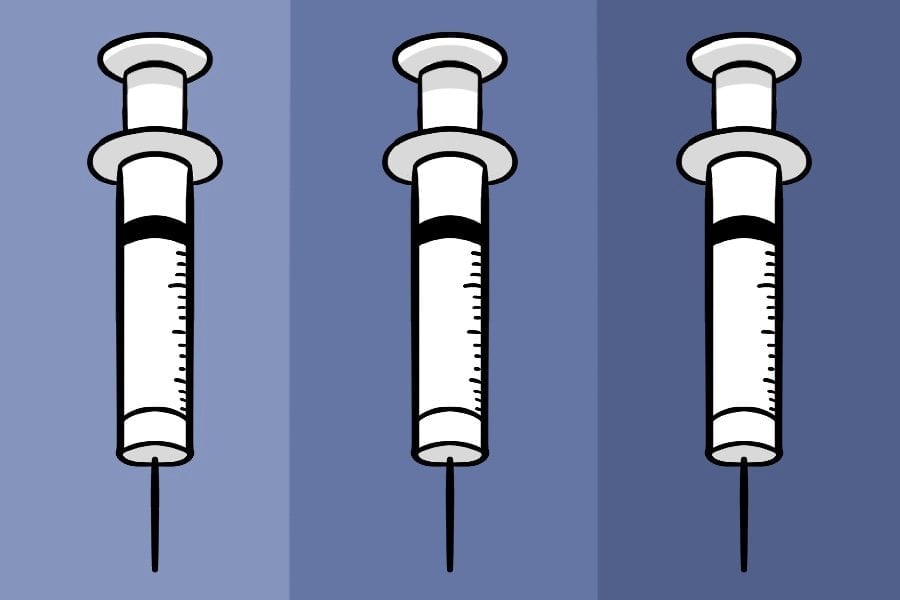Northwestern researchers developed a method to prevent allergic reactions without causing side effects, the University announced Tuesday.
The study, published in Nature Nanotechnology, was co-authored by McCormick Prof. Evan Scott and Feinberg Prof. Bruce Bochner.
The new method is the first targeted therapy to prevent anaphylaxis – a severe allergic reaction. The researchers used nanoparticles with attached antibodies to target immune cells, also called mast cells, which cause allergic reactions.
Each nanoparticle carries an allergen protein that corresponds to a patient’s specific allergy, allowing the therapy to shut down specific mast cells.
Once injected into the bloodstream, the antibodies target the cells responsible for the specific allergic reaction without suppressing the entire immune system.
“Currently, there are no methods available to specifically target mast cells,” Scott said in the press release. “If we had a way to inactivate the mast cells that respond to specific allergens, then we could stop dangerous immune responses in severe situations like anaphylaxis as well as less serious responses like seasonal allergies.”
Scott and Bochner conducted a mouse study that showed 100% success in preventing allergic reactions without causing significant side effects.
The therapy was difficult to develop because mast cells, along with causing allergic reactions, also regulate blood flow and fight parasites. Therefore, researchers could not shut down all mast cells, and instead had to target specific cells, Bochner said in the press release.
“The biggest unmet need is in anaphylaxis, which can be life-threatening,” Bochner said in the press release. “Wouldn’t it be great if there was a safe and effective treatment for food allergy that consistently made it possible to reintroduce a food into the diet that you used to have to strictly avoid?”
Email: isaiahsteinberg2027@u.northwestern.edu
X: @IsaiahStei27
Related Stories:
— Northwestern researchers assemble gold, DNA into structures that manipulate light
— Weinberg professor awarded Dan David Prize for work in nanotechnology







